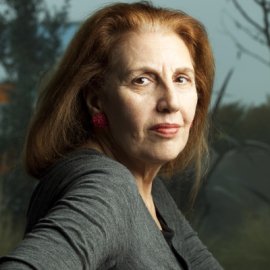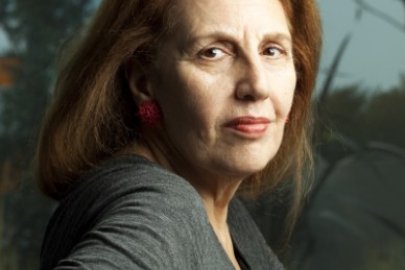Economic History, Bo?aziçi University, Istanbul, Turkey - Associate Fellow

Résidente en 2012, 2015 et 2017
Huri ISLAMOGLU was educated in economics and history at the University of Chicago and University of Wisconsin in Madison (USA). She has taught at Middle East Technical University (Ankara, Turkey), Central European University (Budapest, Hungary), University of California in Santa Cruz, University of California in Berkeley and New York University. She is currently Emeritus Professor of Economic History of the Bo?aziçi University in Istanbul and, since 2008, Visiting Professor of History at the University of California in Berkeley.
She was a member of the Middle East Committee of Social Science Research Council; on the editorial boards of The Journal of Historical Sociology, Social and Legal Studies, Toplum ve Bilim. Fellow at the Law and Society Institute and a member of the project on Geographies of Injustice at the Law School in New York University; Senior Research Fellow at St. Antony's College in Oxford (1995); at Wissenschaftskolleg zu Berlin (1997-98); and at Collegium Budapest (2006).
She has written and lectured in fields of comparative economic history and political economy, legal history, agricultural history and agricultural policy and current globalization trends, global governance.
The work of Huri ISLAMOGLU at the Institute for Advanced study in Nantes will have three interrelated foci.
The first focus is on law and its relationship to government, politics, that is, law’s living dimension. This issue is extremely salient in the present world’s situation, when the liberal spell of the late 20th and early 21st century, its free-tradist presuppositions regarding the economy and society, and their relation to law and government have been coming under world-wide scrutiny since the 2008 crisis in Western societies (Europe and the US).
Secondly, it is important to explore the societal dynamics or the political economy underlying law and government in both developed and emerging societies, more accurately to address the questions: who is included in the political or societal arena of contestation which law and government address; who has a voice in the shaping of economic activity through law and through government.
The third focus refers to the writing and conceiving of world history in relation to a critique of freetradist liberal Weltanschaung. World history writting since the 19th century, has been closely associated with the establishment of European hegemony over non-European regions ; it meant casting the histories of non-European as mirror images of European history ‘ idealized ‘in free-tradist liberal terms. A binary vision of world history pitted non-European regions with their absences to the presences in Europe of liberal institutions and values. Changes in global balances of power and increasing importance of non-European regions, may open up possibilities to re-think the histories of these regions in terms other than their subservience to Europe and their underdevelopment; or alternatively, in defensive nationalist terms vis a vis the European adversary.
(in English)
ISLAMOGLU Huri and PERDUE P. Shared Histories of Modernity in China, India and the Ottoman empire. Routeledge India, 2009, 332 p.
ISLAMOGLU Huri. Constituting Modernity: Private Property in the East and West. I.B. Tauris, 2004, 288 p. (Series: Islamic Mediterranean).
ISLAMOGLU Huri. Ottoman Empire and the World Economy. Cambridge University Press, 1987, 496 p. (Series : Studies in Modern Capitalism)
ISLAMOGLU Huri. State and Peasant in the Ottoman Empire. Brill Academic Publishing, 1994, 293 p. (Series: The Ottoman Empire and Its Heritage - Politics, Society and Economy)
